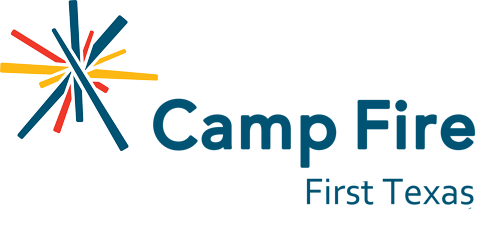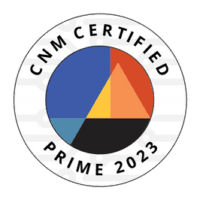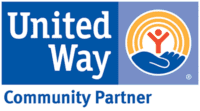
Many people who work in non-profit organizations, education or other helping professions, tend to be “problem solvers”. We like to be able to help everyone around us solve their problems and concerns quickly and efficiently. But when we do this, are we really helping? One of the main things I hear from participants in Camp Fire’s Coaching Mentoring Certificate Course is that their tendency is to “tell people in their lives what to do” or try to “fix problems for them by offering solutions immediately”. I know this has been my tendency and is something I am actively working on changing.
Even though we have this tendency, research shows that children and adults learn best when they are active participants in the process of thinking through a challenge or question. One of the most useful skills Coaching Course participants say they gain is the practice of asking good questions and leaving space and silence for the other person to give a thoughtful answer. Here are a couple of quick tips to move you in the direction of helping others learn and grow by coming to their own conclusions:
Challenge yourself to only ask open-ended questions. Furthermore, see if you can ask questions that only start with the words “What” or “How”.
- Instead of asking “Do you think it would work if you rearranged your classroom?”, ask “What have you already tried to solve this problem?”
- Instead of immediately offering solutions, ask “What ideas do you have?” “What is your first thought on this?” “What does your experience/intuition tell you?”
- Instead of “Do you feel happy/sad/angry about that?”, ask “How do you feel about that?”
Challenge yourself to silently count to 10 after asking a question. When we ask thoughtful, open ended questions like the ones listed above, people need time to gather their thoughts. Waiting for an answer from the other person also reinforces your confidence in their ability to solve the problem, address the challenge, or come up with an idea to propose. Another effective way to force yourself to pause after asking a question is to take a couple sips of your bottled water or coffee drink that we all seem to carry with us these days.
Have a few “go to” questions that you can fall back on in most conversations. A few examples that could be relevant to many different kinds of conversations include:
- What’s your take on it?
- How do you think that will work?
- What have you already tried?
- What potential pitfalls could occur?
- What possible outcomes could we see from that course of action?
If you start to ask a question and it doesn’t begin with the words “what” or “how”, stop mid-sentence and say, “let me back up and rephrase that”. Then start again with a more open-ended question.
These tips for coaching others are effective in both professional and personal relationships. The likelihood of deepening your conversation with your own child, your spouse and your co-workers is all greater when you ask open ended questions rather than making statements, giving advice, and telling others what to do and think.
 Angela Dikes is the vice president of professional growth at Camp Fire First Texas. Angela brings more than 25 years of social work and youth development experience to her position. Before coming to Camp Fire, she worked with various child placing agencies including Harmony Family Services, Specialized Alternatives for Youth (SAFY) of Texas, and Safe Havens of Kornerstone. She also worked with Big Brothers Big Sisters for more than 10 years. Angela holds a bachelor’s and master’s degree in Social Work from Hardin-Simmons University, and the University of Texas at Arlington, respectively. She is also a Licensed Master Social Worker.
Angela Dikes is the vice president of professional growth at Camp Fire First Texas. Angela brings more than 25 years of social work and youth development experience to her position. Before coming to Camp Fire, she worked with various child placing agencies including Harmony Family Services, Specialized Alternatives for Youth (SAFY) of Texas, and Safe Havens of Kornerstone. She also worked with Big Brothers Big Sisters for more than 10 years. Angela holds a bachelor’s and master’s degree in Social Work from Hardin-Simmons University, and the University of Texas at Arlington, respectively. She is also a Licensed Master Social Worker.






